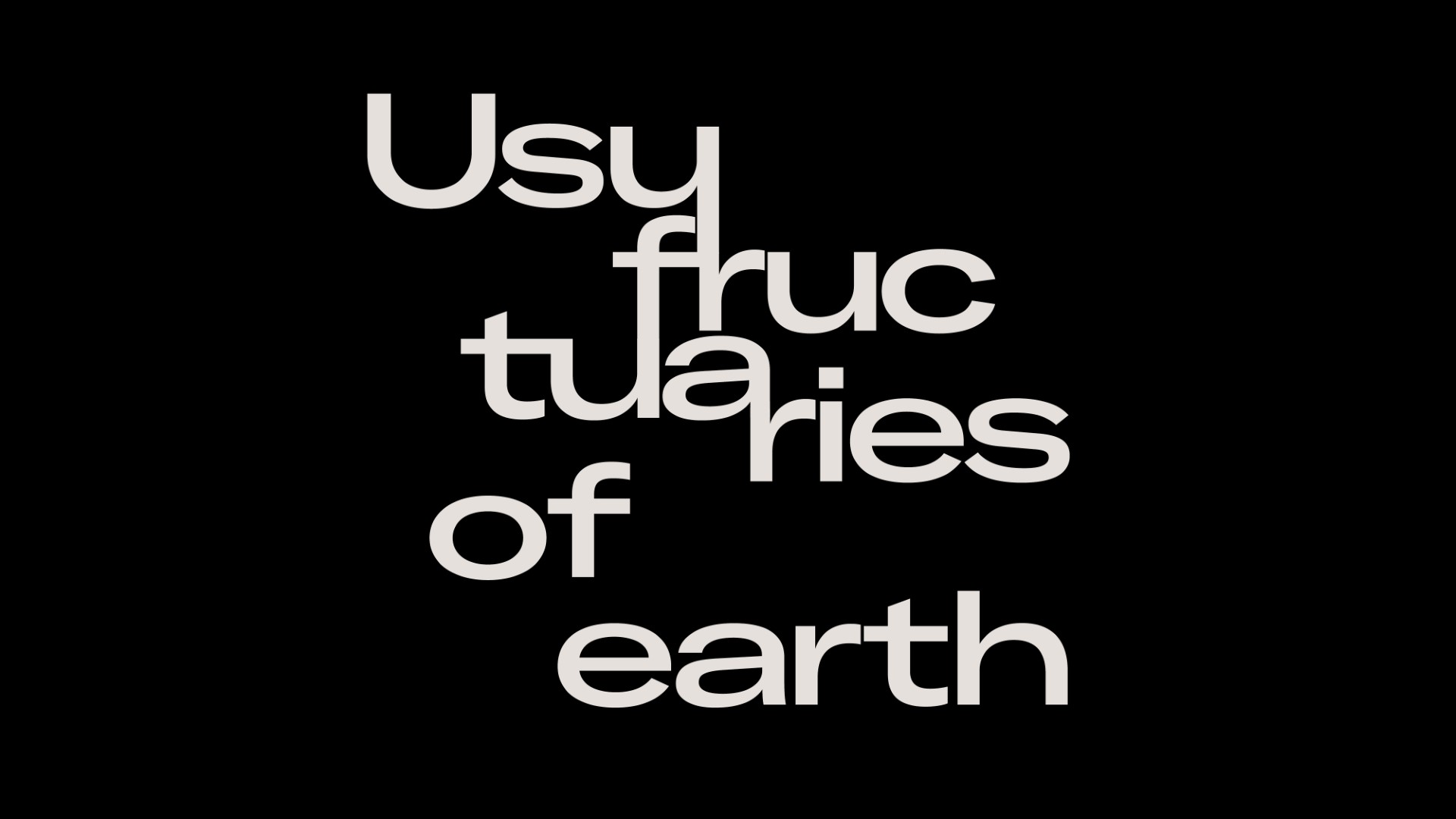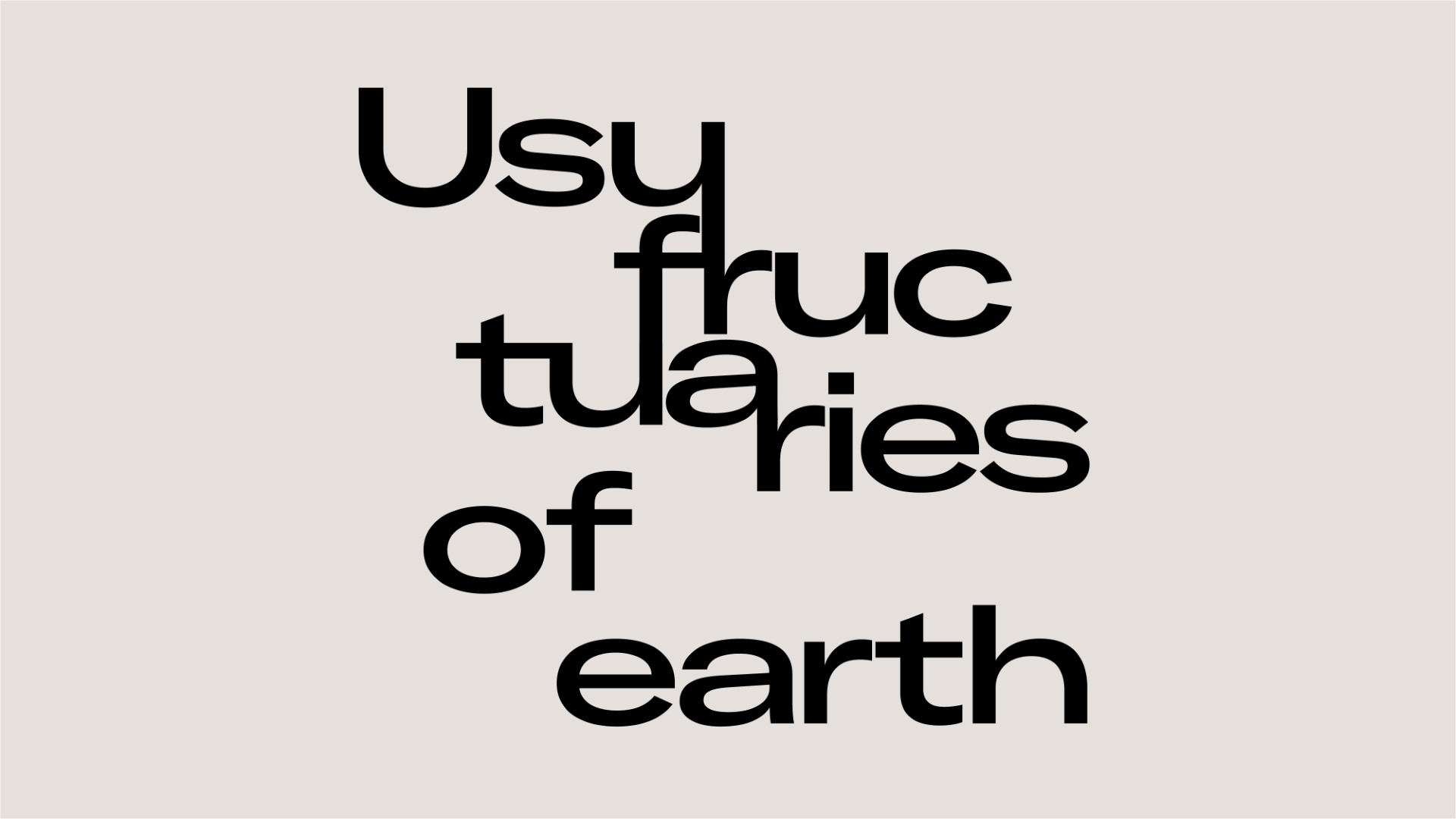After History: Alexandre Kojève as a Photographer
exhibition by Boris Groys
The exhibition unveils for the first time to the public the unique visual work of Russian-born French philosopher and diplomat Alexandre Kojève (1902–1968). Curated by philosopher and art historian Boris Groys, the exhibition includes nearly 400 photographs that Kojève took in the 1950s and 1960s while traveling in Ceylon (Sri Lanka), China, India, Iran, Japan, Nepal, Russia, and throughout Western Europe, as well as over 1,700 postcards that he collected during his lifetime. This image collection captures the essence of both Kojève’s philosophical thinking and his political practice. Through its premiere presentation, the exhibition questions the critical capacity for change in our contemporary reality and shows us a world stage waiting to be filled with activism and the desire for another tomorrow.
The exhibition After History: Alexandre Kojève as a Photographer has been made possible by Bibliotheque nationale de France, Paris and Institut Français, Amsterdam. © Nina Kousnetzoff.
Publications:
Essay
After History: Alexandre Kojève as a Photographer
by Maria Hlavajova
Essay
The Photographer as the Sage
by Boris Groys
Newsletter
After History: Alexandre Kojève as a Photographer
Exhibitions:
Exhibition
11.04.–01.06.2013
After History: Alexandre Kojève as a Photographer



